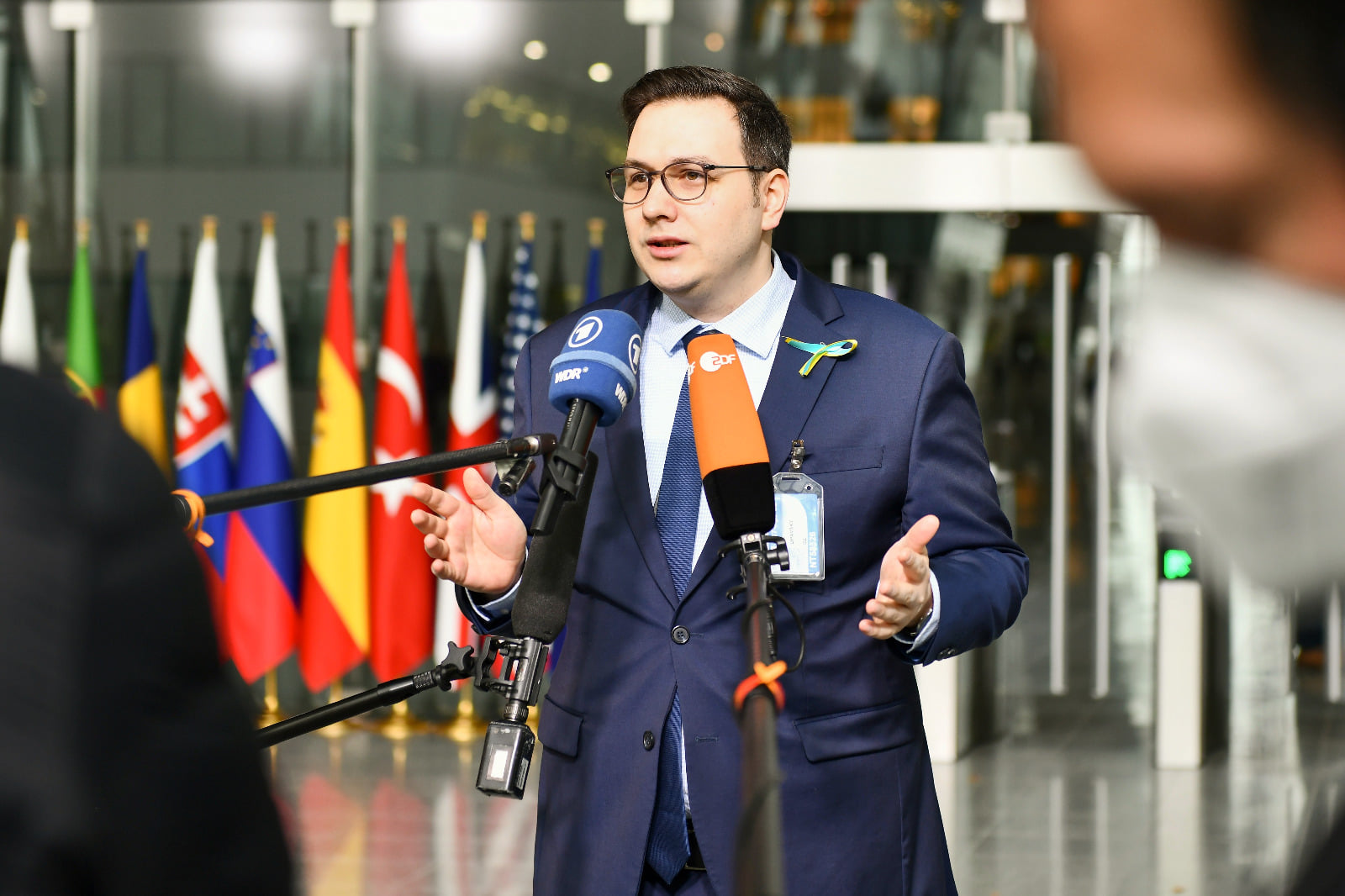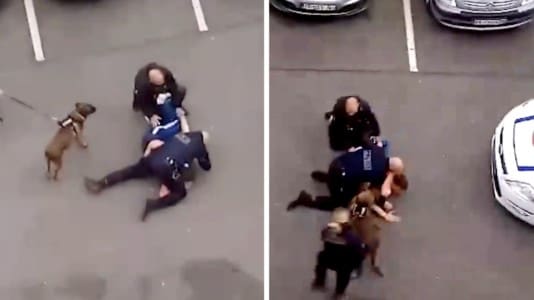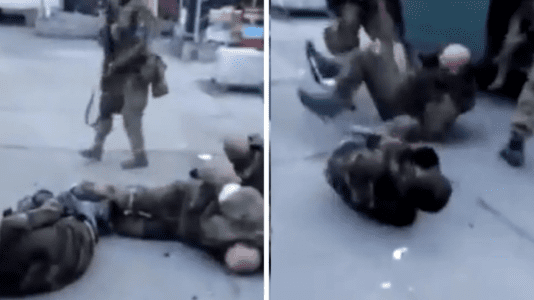Thursday’s summit of NATO foreign ministers in Brussels was an example of unity against Russia following its invasion of Ukraine, according to the Czech foreign minister Jan Lipavský,
Ukrainian leaders have primarily requested arms assistance from its Western partners. However, Lipavský did not expect the meeting to come to a conclusion on this topic as arms supplies are an initiative of individual countries.
“Today’s meeting of the North Atlantic Alliance is a very strong example of unity,” Lipavský said when arriving at NATO headquarters. “And the fact that there are nine other countries from around the world present clearly shows NATO’s strength and position in terms of international order and protection of the most fundamental values on which the international community is built.”
NATO will not get involved in arms supplies
Since the beginning of the conflict, Ukraine has been asking the West mainly for armaments and supplies of various weapons usable in the fight against Russian troops. However, before the summit began, Lipavský said there would be no conclusion of the summit in this direction as NATO is not involved in arms supplies.
“NATO, as an organization, does not play a role in the arms supply that Ukraine receives. It is carried out by individual states, which coincidentally are also members of NATO or the EU. NATO is a defense organization, which should and will focus on defending the eastern wing of the Alliance,” said Lipavský, responding to the question of whether ministers might reopen the debate on the possible supply of fighter jets to Ukraine.
However, when it comes to Czech arms supplies to Ukraine, Lipavský did not want to comment on this matter at all.
At the meeting, foreign ministers also discussed new threats and realities in the Euro-Atlantic area. Representatives of nine NATO partners, namely Ukraine, Georgia, Australia, Finland, Japan, South Korea, New Zealand, Sweden, and the EU High Representative, also attended the summit.
As part of his trip, Lipavský also met with U.K. Foreign Secretary Liz Truss. In the afternoon, he spoke at the GLOBSEC conference that focused on geopolitical changes around the world due to Russian aggression.





